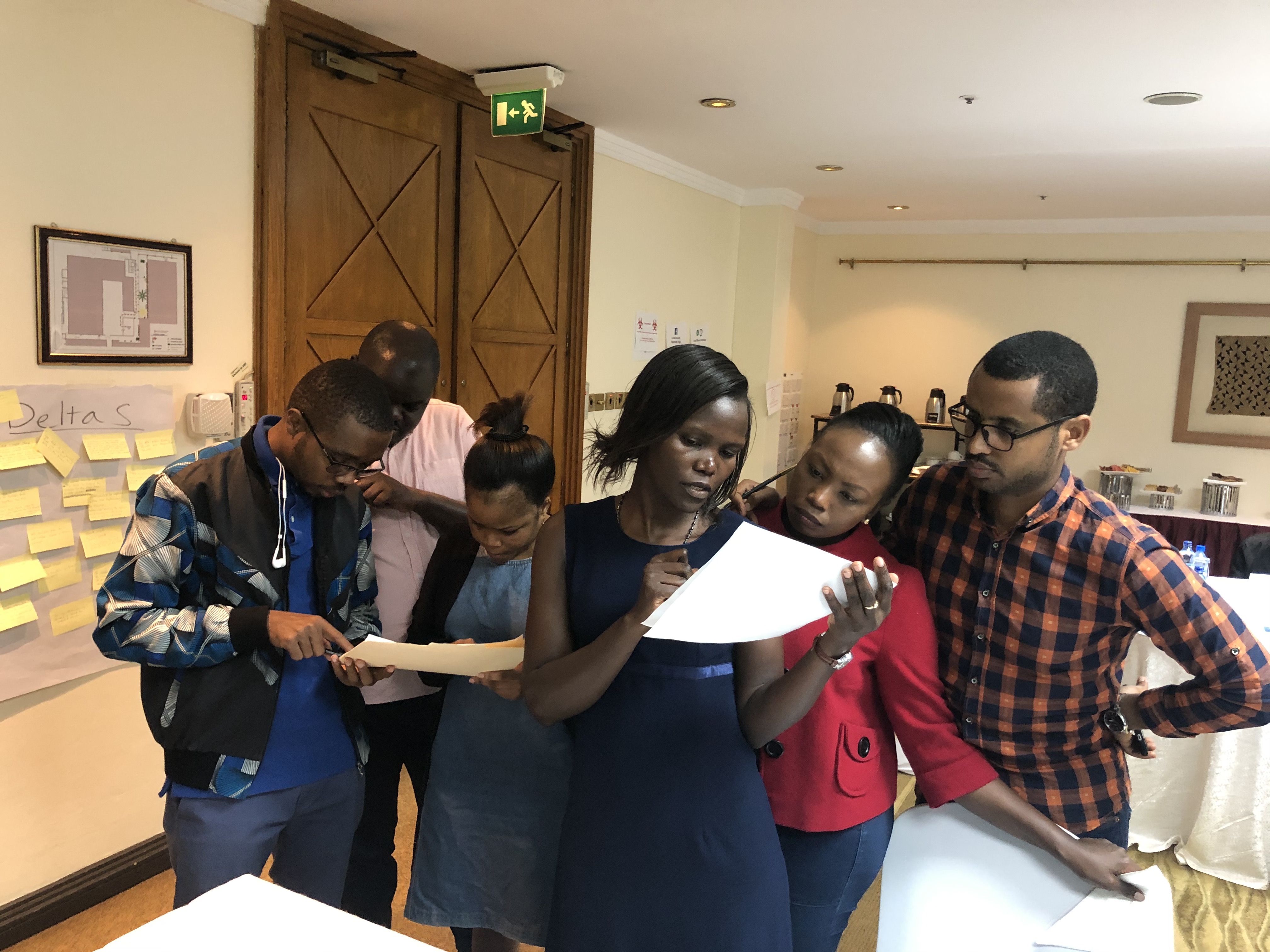Trying to Think Positive About 2021

Well, 2020. That was quite the annus horribilis. Let’s not have another like that, shall we? Fortunately the DemTech team is pretty optimistic about the year ahead (and we are attributing the horrific start to 2021 as 2020 trashing the place after its lease is up) so we thought it a good idea to focus on some of the positive things we’re looking forward to in the year ahead.
The shocking event of January 6th appears to have finally been a bridge too far for many technology companies (with thinking, perhaps, clarified by a new set of regulators coming in.) Facebook, Twitter, Google, Amazon – all have taken major steps to stop the spread of disinformation and eliminate areas in which it propagates and people are radicalized. These are complicated issues without easy solutions, but the belated recognition that extremism (such as white supremacy in the US) and disinformation from political leaders that leads to incitement to violence have shifted the calculus of the platforms. This will, hopefully, lead to a healthier information environment for democracy where citizens have less exposure to disinformation and hate speech.
There is increasing recognition that AI, and the machine learning methodologies that undergird it, are not magical oracles, but are built on preexisting data, which embeds the pre-existing biases of the societies from which it is drawn. AI is racist and sexist because the data used to build the models comes from society, and writ large society is racist and sexist, but recognition of that reality gives us the chance to question the assumptions built into the data being used to build new AI models and make them more inclusive over time.
The internet is also reaching more people all the time, in part because of plummeting costs of tech. The computers in our pockets (called, for historical reasons, phones) are both cheaper and more powerful all the time, and therefore both more accessible and more useful. In the last year about 320,000,000 new people came online – approximately the equivalent of the population of the United States. Of course, that means there’s still approximately 40% of the world still unconnected, and these are often people dealing with intersectional dimensions of marginalization. Those not yet online are disproportionately rural, female, low income, minority, or from the least developed countries. Still, as connectivity becomes more ubiquitous, more citizens than ever from these communities are also connected around the world.
In keeping with these causes for optimism about technology in 2021, I'm most excited to be working on the "Democratic Futures" program. Together with colleagues from IRI and CIPE we are thinking about how technology and democracy can work together in positive rather than destructive ways. Authoritarian countries, led by China with such formidable tech capabilities, have a story to tell about how technology can build a richer, stronger society in the modern world. Those of us working on democracy and rights entirely disagree with the authoritarian narrative of the economic benefits of techno-autocracy, but responding with talking points from the 18th century is not enough to persuade digitizing countries around the world in the internet age. We are working with academics, artists, and technologists to consider ways we can build better tech-empowered democracies in the decades to come.
